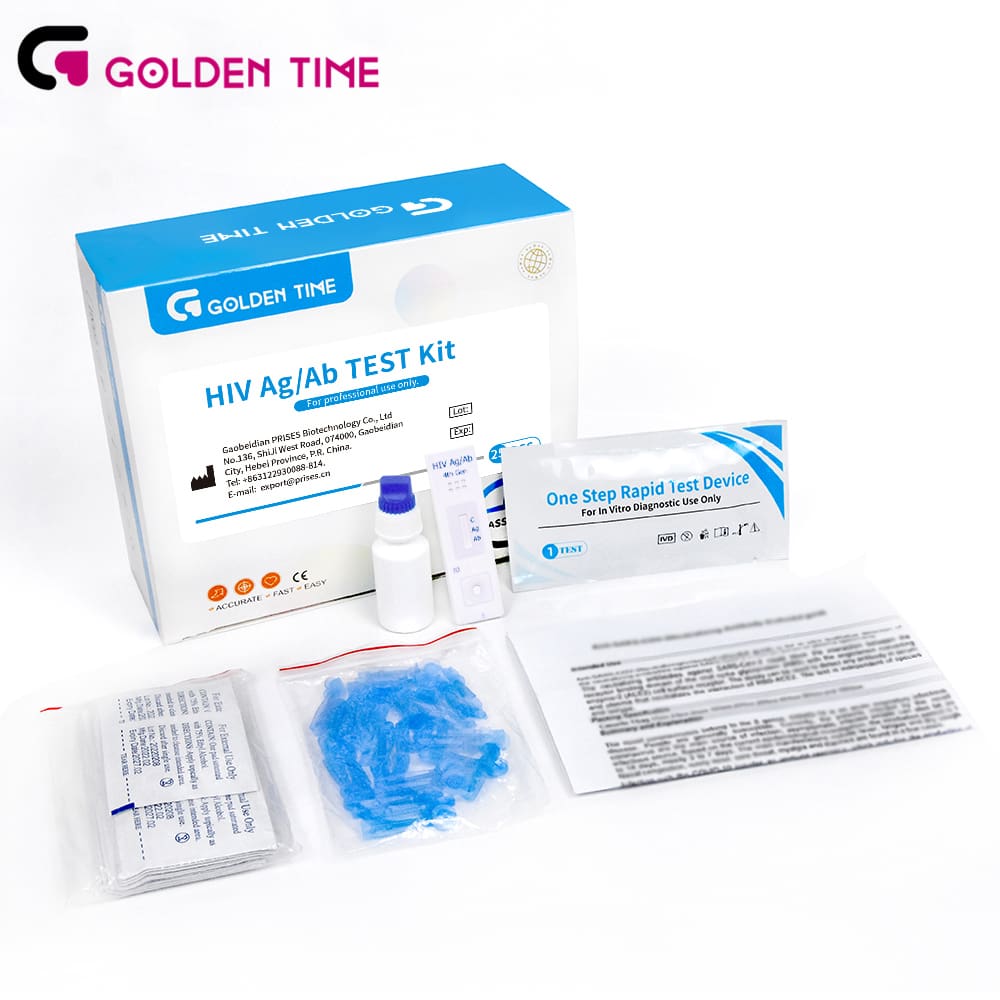Dec . 11, 2024 10:19 Back to list
Wholesale Blood Testing Solutions for Hepatitis C by Leading Manufacturers
Wholesaling Blood Tests for Hepatitis C A Deep Dive into the Industry and Its Implications
Hepatitis C is a viral infection that affects the liver and can lead to severe health issues, including cirrhosis and liver cancer. With millions of people worldwide affected by this disease, early detection and treatment are crucial in managing and controlling the spread of the hepatitis C virus (HCV). Blood tests serve as the primary means of identifying the presence of this virus, leading to a growing market for wholesale blood tests for hepatitis C, especially among manufacturers aiming to provide accurate, accessible, and affordable testing solutions.
Understanding Hepatitis C Testing
The cornerstone of hepatitis C diagnosis lies in blood tests. These tests can be categorized into two primary types screening tests and confirmatory tests. The initial screening test typically detects antibodies against HCV, while the confirmatory test, often a nucleic acid test (NAT), identifies the virus's presence in the bloodstream. Wholesale blood test manufacturers focus on developing tests that are not only efficient but also user-friendly and cost-effective, to encourage widespread screening and reduce the burden of the disease.
The Role of Wholesale Manufacturers
Wholesale manufacturers play a critical role in the hepatitis C testing landscape. They are responsible for producing high volumes of testing kits at scale, which can subsequently be distributed to clinics, hospitals, and testing facilities at lower prices. This is crucial in regions where healthcare resources are limited, and the cost of testing may otherwise pose a barrier to diagnosis and treatment.
Manufacturers invest significantly in research and development to ensure that their testing kits adhere to strict regulatory standards, including sensitivity and specificity requirements. Additionally, they collaborate with healthcare providers to create educational materials that help health professionals understand how to interpret test results effectively.
Market Trends and Innovations
The landscape of hepatitis C testing is evolving, with technological advancements paving the way for new types of blood tests. Point-of-care testing (POCT) has gained traction, allowing for rapid diagnosis outside of traditional laboratory settings. These tests are particularly beneficial in remote areas or locations with limited access to laboratories, thus reducing the time from test to treatment for patients.
wholesale blood test for hepatitis c ing manufacturer

Furthermore, the push for more affordable testing solutions has led to innovations such as the development of home testing kits. These kits empower individuals to test themselves for hepatitis C, thereby increasing testing rates and facilitating early detection. Wholesale manufacturers are expanding their product lines to include these innovative solutions, reflecting a shift towards a more patient-centric approach in healthcare.
The Implications of Wholesale Blood Testing
The availability of wholesale blood tests for hepatitis C has significant implications for public health. By making testing more accessible, manufacturers contribute to the global effort to combat hepatitis C, potentially leading to the reduction of new infections and improved health outcomes for those living with the virus.
Moreover, increased testing rates can help inform public health strategies. Data collected from widespread testing can indicate trends in hepatitis C prevalence, guiding policymakers in resource allocation and prevention campaigns. This evidence-based approach is vital in addressing healthcare disparities and ensuring that vulnerable populations receive adequate support.
Challenges Ahead
Despite the positive impacts of wholesale blood testing, challenges remain. One major issue is the stigma surrounding hepatitis C, which can deter individuals from seeking testing. Manufacturers and healthcare providers need to collaborate on educational campaigns that address misconceptions about the disease, emphasizing the safety and effectiveness of testing.
Additionally, regulatory compliance is essential in ensuring the quality and reliability of testing kits. As the market expands, maintaining high standards across various manufacturers will be crucial to prevent fraudulent or substandard products from entering the market.
Conclusion
The wholesale market for blood tests for hepatitis C is a vital component of the healthcare system, contributing significantly to the fight against this infectious disease. As manufacturers continue to innovate and develop cost-effective testing solutions, the potential for increased testing rates and improved public health outcomes becomes more attainable. However, it is imperative for all stakeholders, including manufacturers, healthcare providers, and policymakers, to address the challenges head-on to ensure that the benefits of early detection and treatment of hepatitis C are realized globally. With a collaborative effort, there is hope for a future where hepatitis C is effectively managed, and its impact on individuals and communities is significantly reduced.
-
High-Quality Nasal Swab for Accurate Testing – Fast Results
NewsJul.26,2025
-
One Step LH Ovulation Test Kit - Accurate & Easy At-Home Fertility Tracking
NewsJul.25,2025
-
Sterile Urine Cup for Accurate Specimen Collection | Leak-Proof Design
NewsJul.24,2025
-
High Quality Cassette Lateral Flow for Accurate Testing Solutions
NewsJul.23,2025
-
Malaria PF / PAN AG Rapid Test – Accurate & Fast Malaria Diagnosis
NewsJul.22,2025
-
Accurate LH Ovulation Test Strips for Easy Fertility Tracking
NewsJul.21,2025

